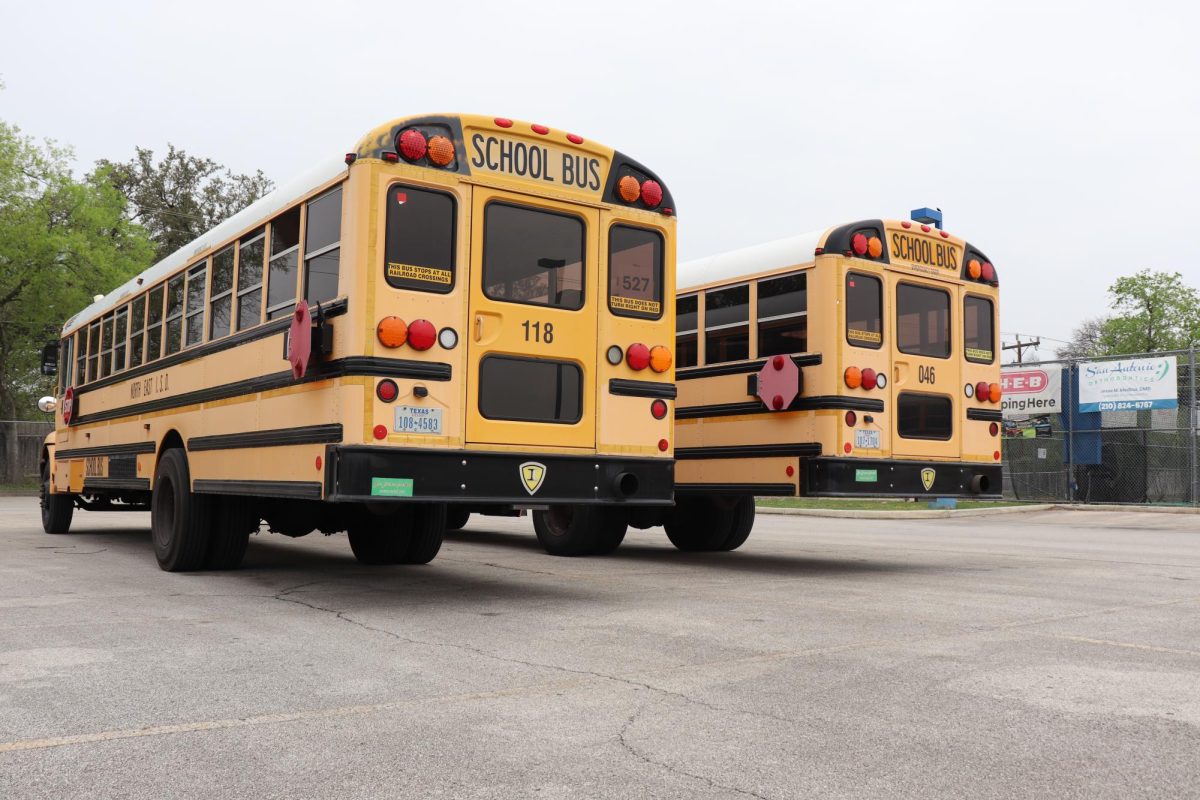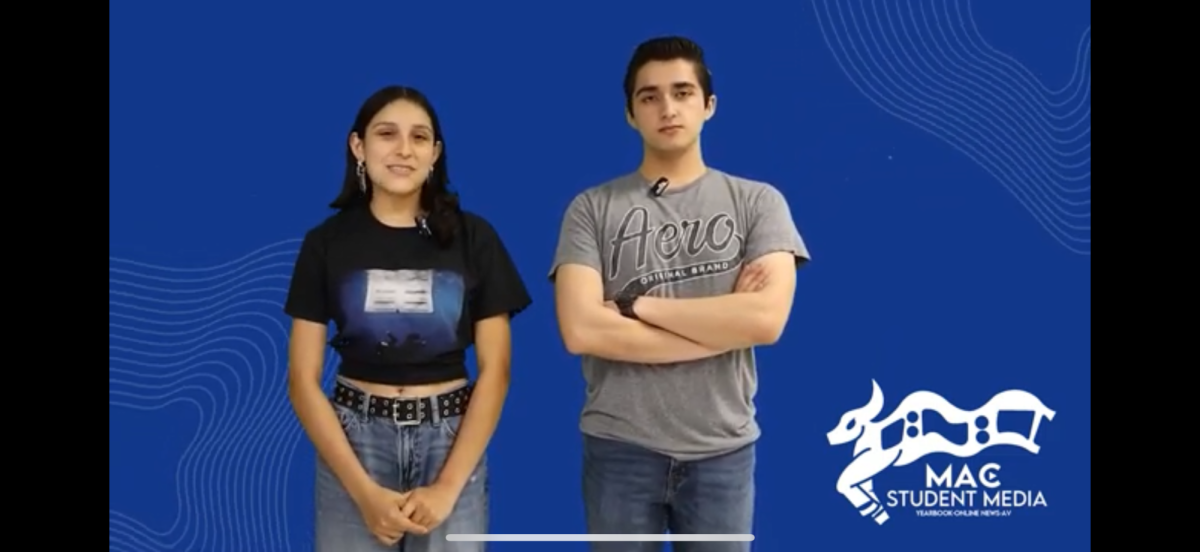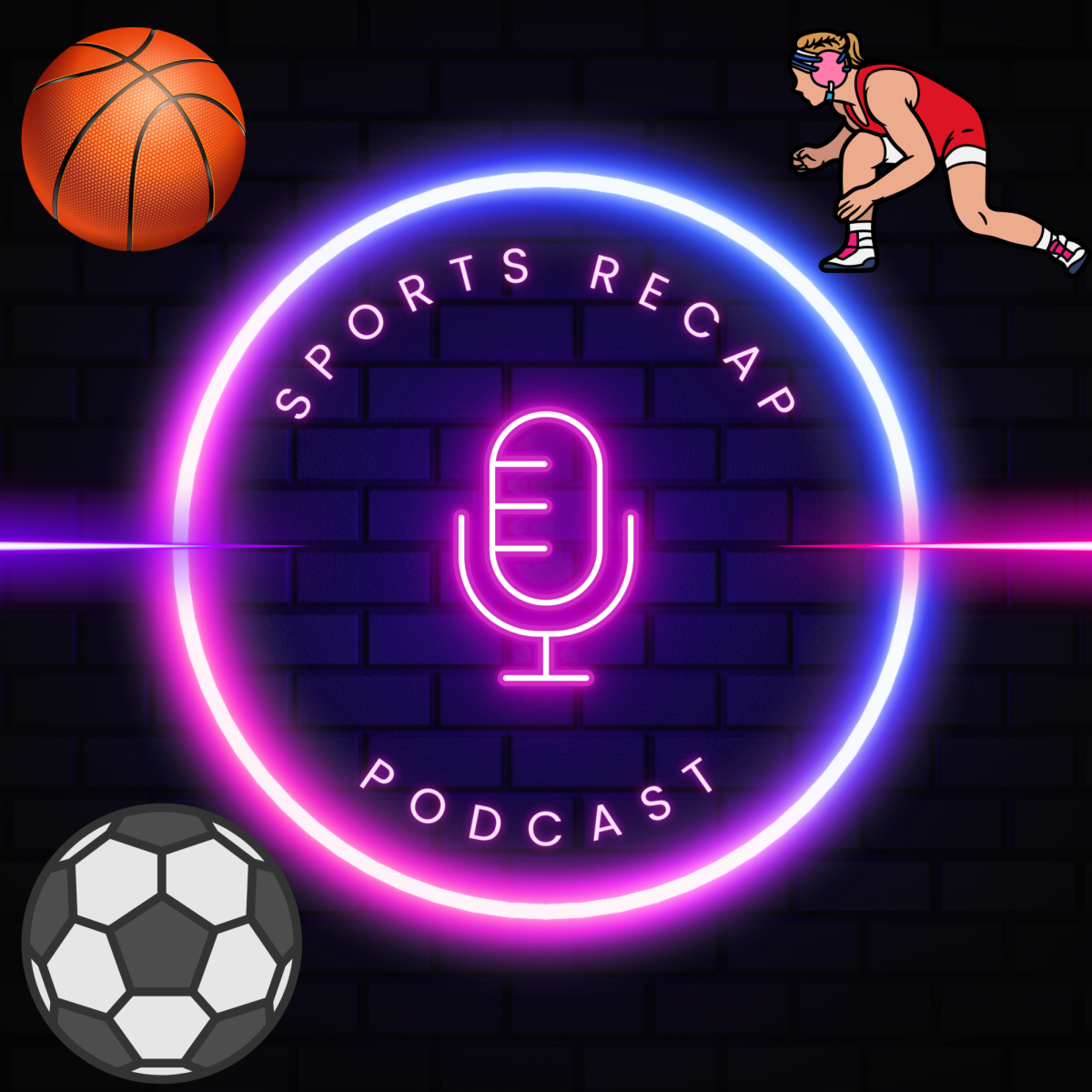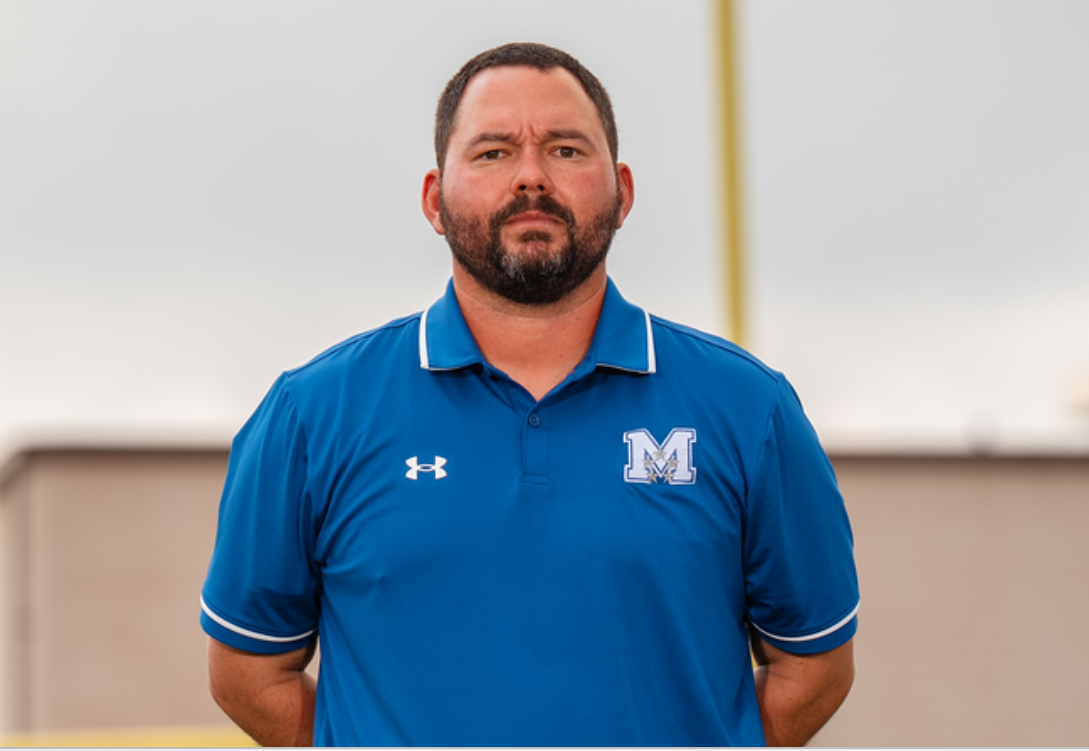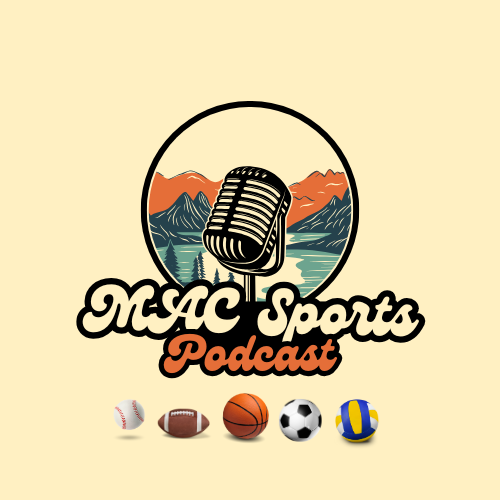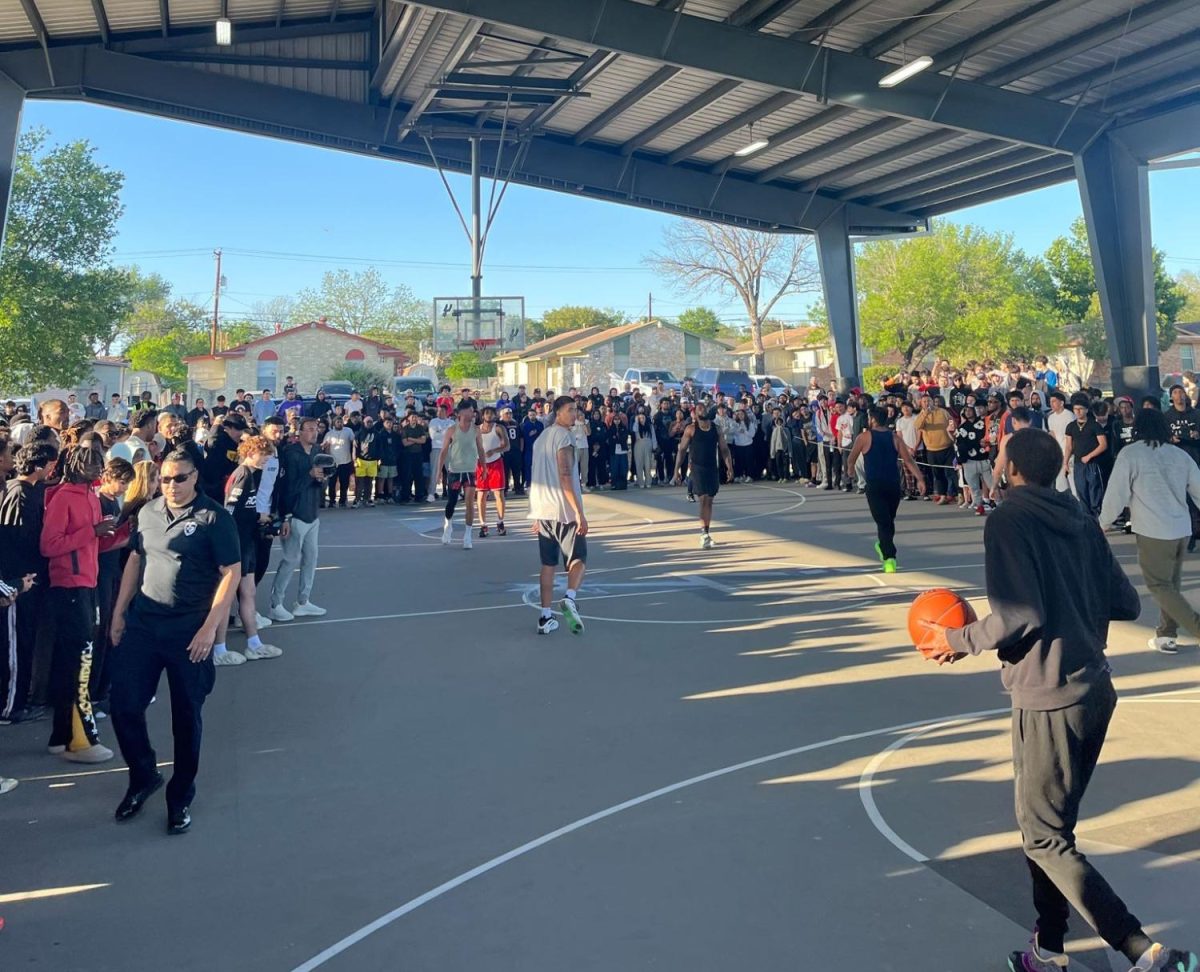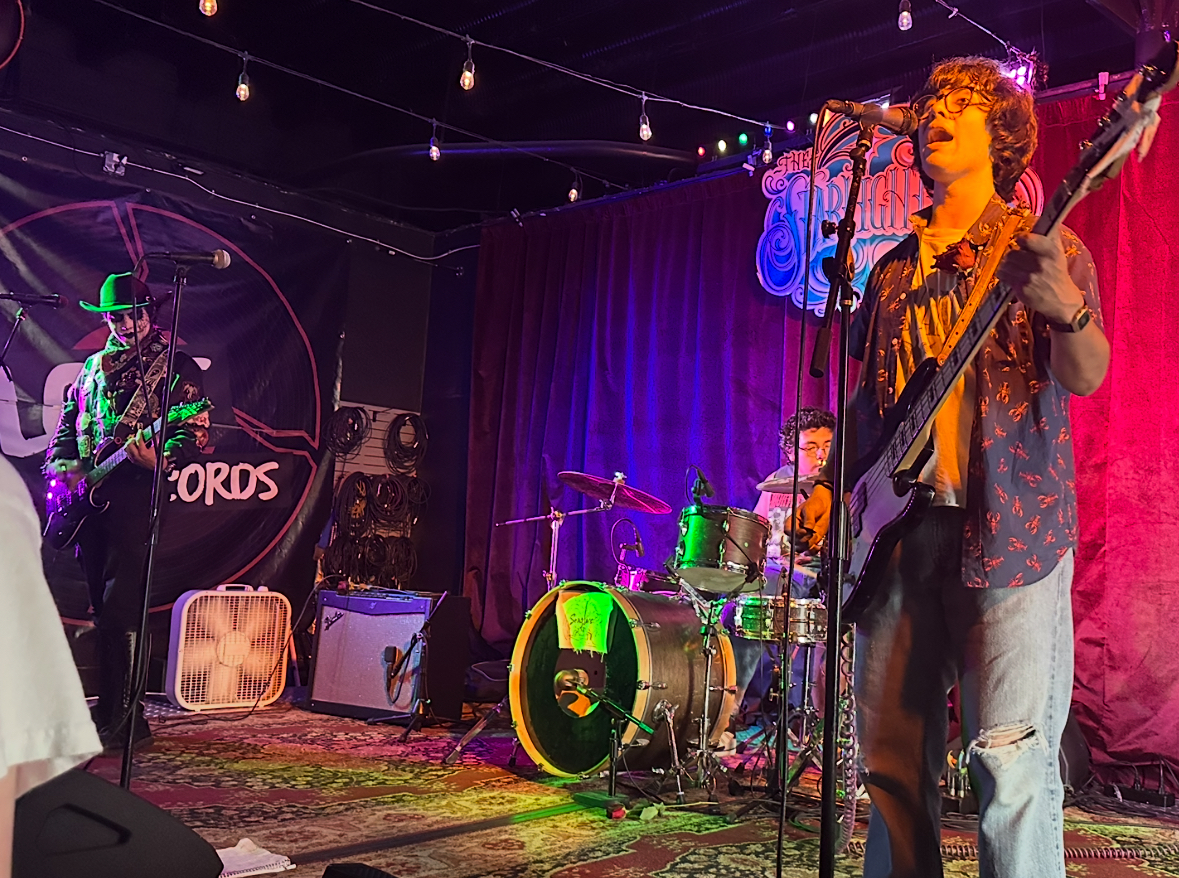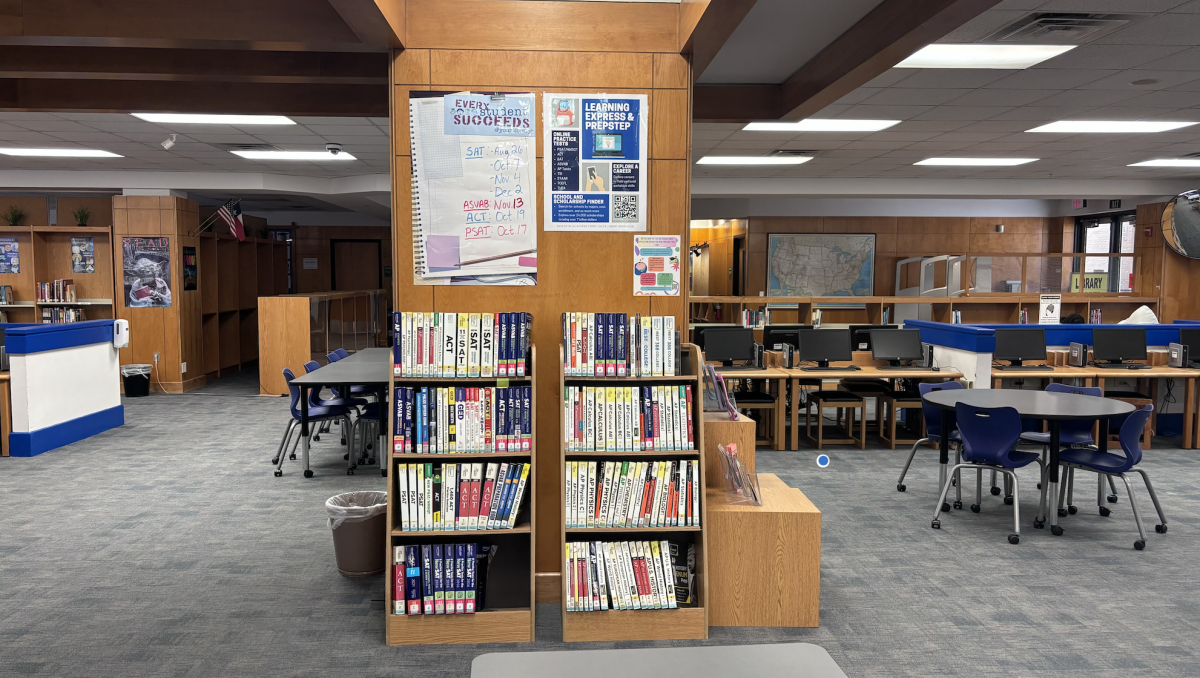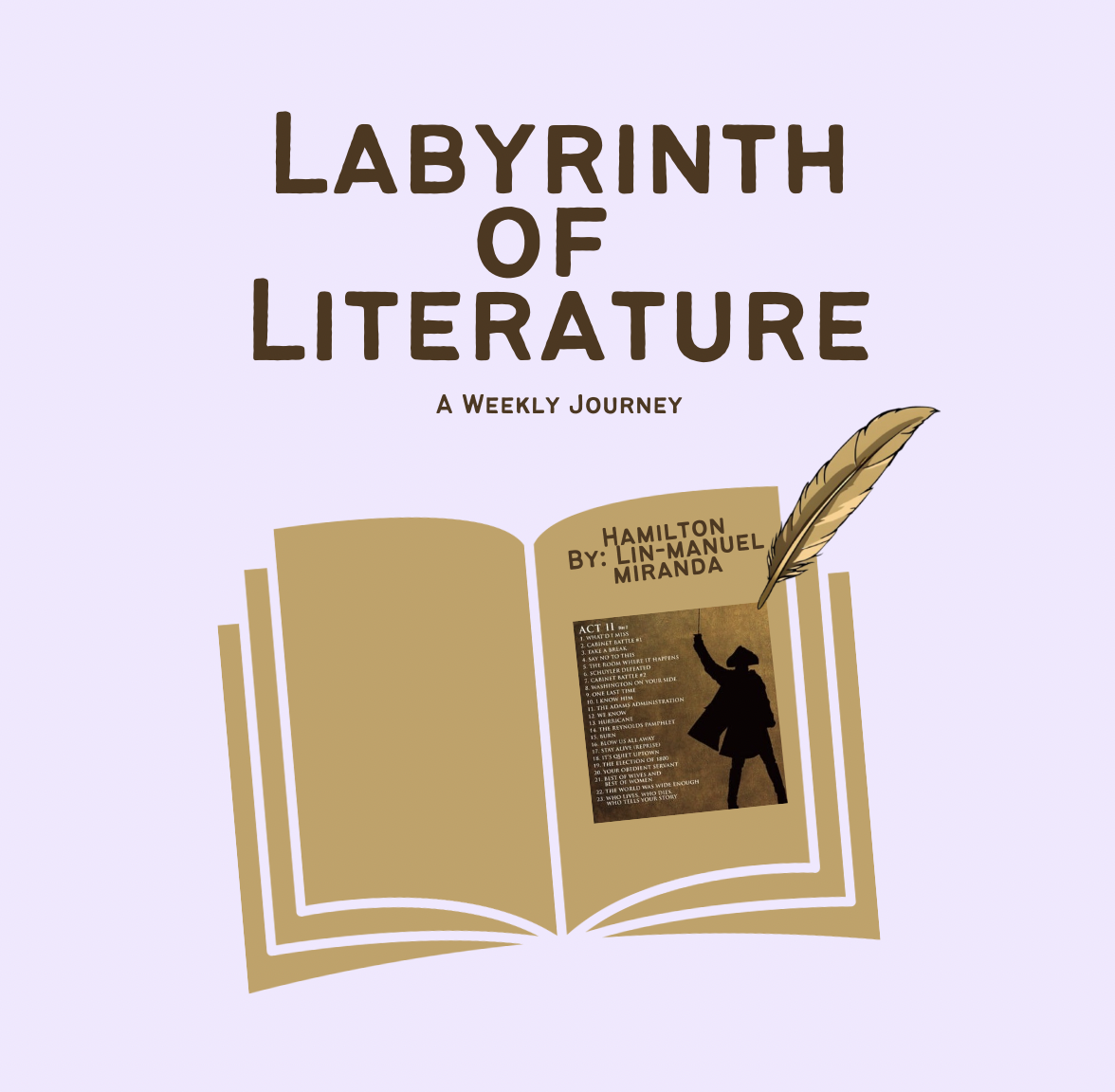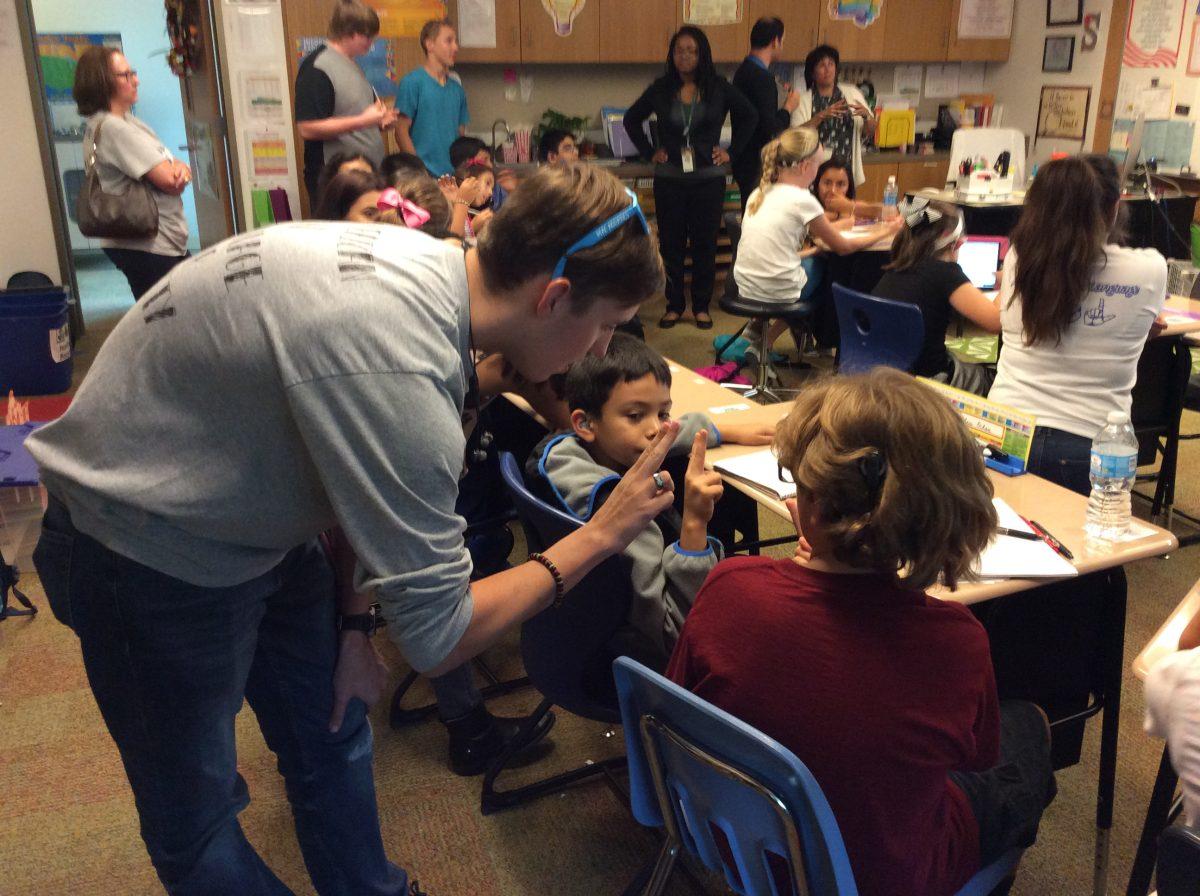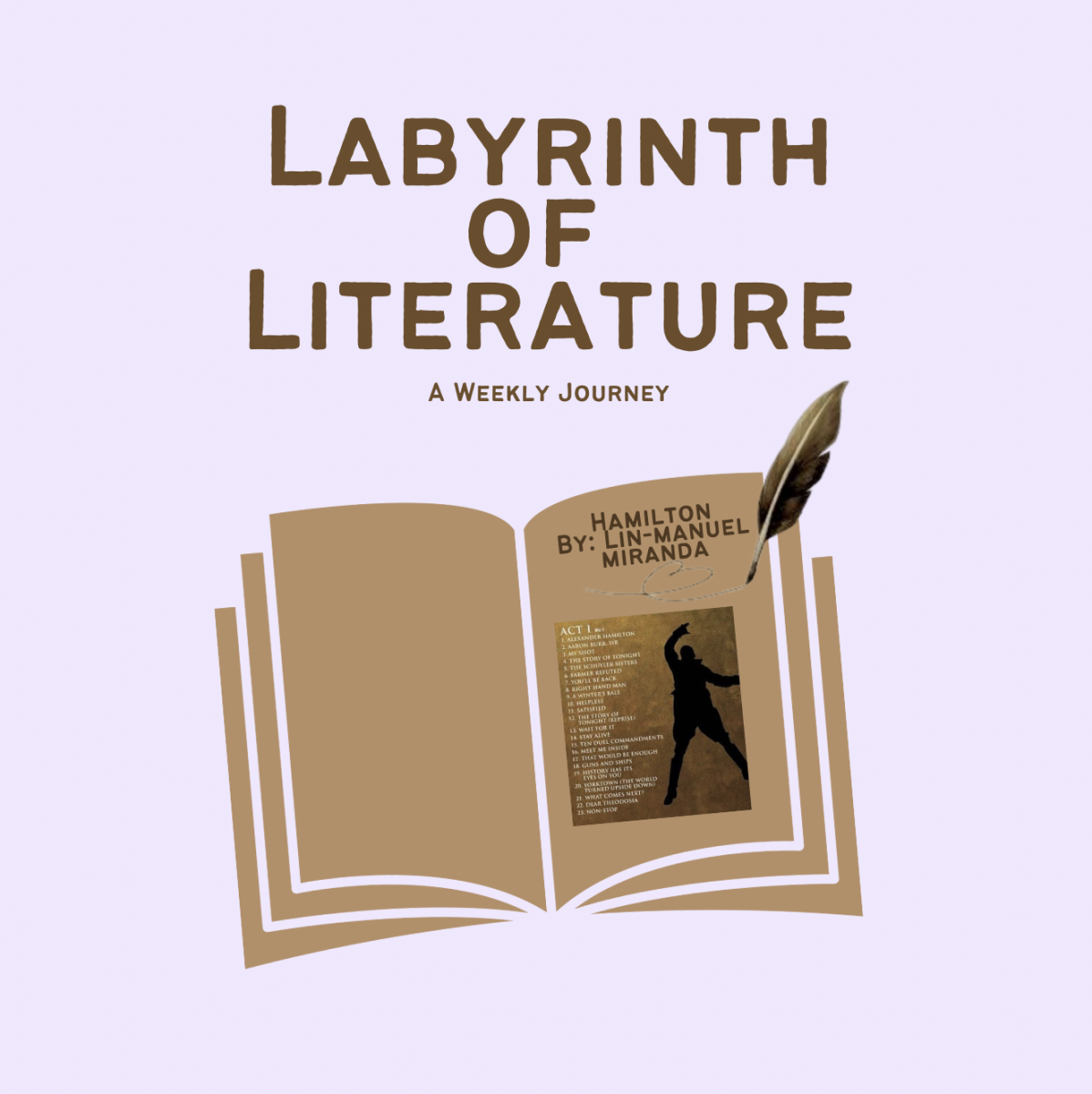ASL. It stands for American Sign Language. For some people, it’s just sign language, a couple of words, a language they don’t understand, something only deaf people have to learn, or just a bunch of hand motions. For others it’s their culture, it’s how they communicate with others that understand the language. However, it’s not just the hearing impaired that learn how to sign, individuals who can hear, want to learn sign language as well so they can communicate, or because they’re interested in it, such as Tim Kitterman, the ASL teacher who has taught for 17 years.

“It’s an interesting language; it’s so different,” Mr. Kitterman said. “It has its own way of grammar and structure, you know it’s like English, it’s not supposed to be, so some people sign English which is not ASL. Sign English is different from ASL. ASL just has a lot of unique features to it, using space, and there’s always stuff to learn and see new things, because it’s not my native language, so it’s very interesting.”
ASL is very interesting and unique just as any other language, but the thing that separates ASL isn’t just the techniques, it’s how it inspires others.
“One thing that inspires me is that I like letting the students know that, there’s so much people don’t know, their parents probably don’t know as much as they do about deaf people, the culture of deaf people, so that’s interesting to me, having been in [the deaf community] for a while,” Mr. Kitterman said. “I like telling people about that because, it’s not what they think, you know a lot of people think that you need to feel sorry for deaf people and they’re helpless, but what I learned being in the deaf community is a lot of deaf people, in fact, probably the majority, feel good about being deaf. They want to have deaf children, and not many people see that side of deaf culture. It’s just they haven’t had contact with deaf people, or limited contact, they may have a more negative view.”
So, to help teach his students about the deaf community, he took them to the Sunshine Cottage. The Sunshine Cottage is a school for deaf children, but they don’t teach sign language.
“Not all the children are deaf, most of them have some hearing kids as language models, but most of the kids, if not all of the deaf kids, have assisting devices, either cochlear implants, or special types of hearing aids, and the focus there is speech,” Mr. Kitterman said. “They don’t sign, but I like to go and I like to take the students there. I think it’s a great opportunity. ”
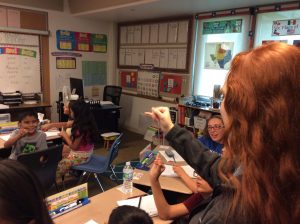
Being such a unique opportunity, the students who get the chance to go and spend time with the kids who go to Sunshine Cottage, it impacts and inspires them, including the president of the ASL officers, senior Shelby Bulmer.
“[Sunshine Cottage], gave me a different view on things because I’ve never been there, it’s a really intimate classroom, because there are smaller groups of kids with the teachers, and that’s what inspired me to join,” Bulmer said.
The field trip doesn’t just impact them though, it changes the views they have. The trip also inspires the students on what they might want to do in the future, just as the trip had helped senior Jasmine Salcedo who has been in ASL for four years.
“It was different, because I never experienced being around deaf kids a lot,” Salcedo said. “I want to help them, not because they’re deaf but I always wanted to be a teacher and help students. I love teaching kids.”
